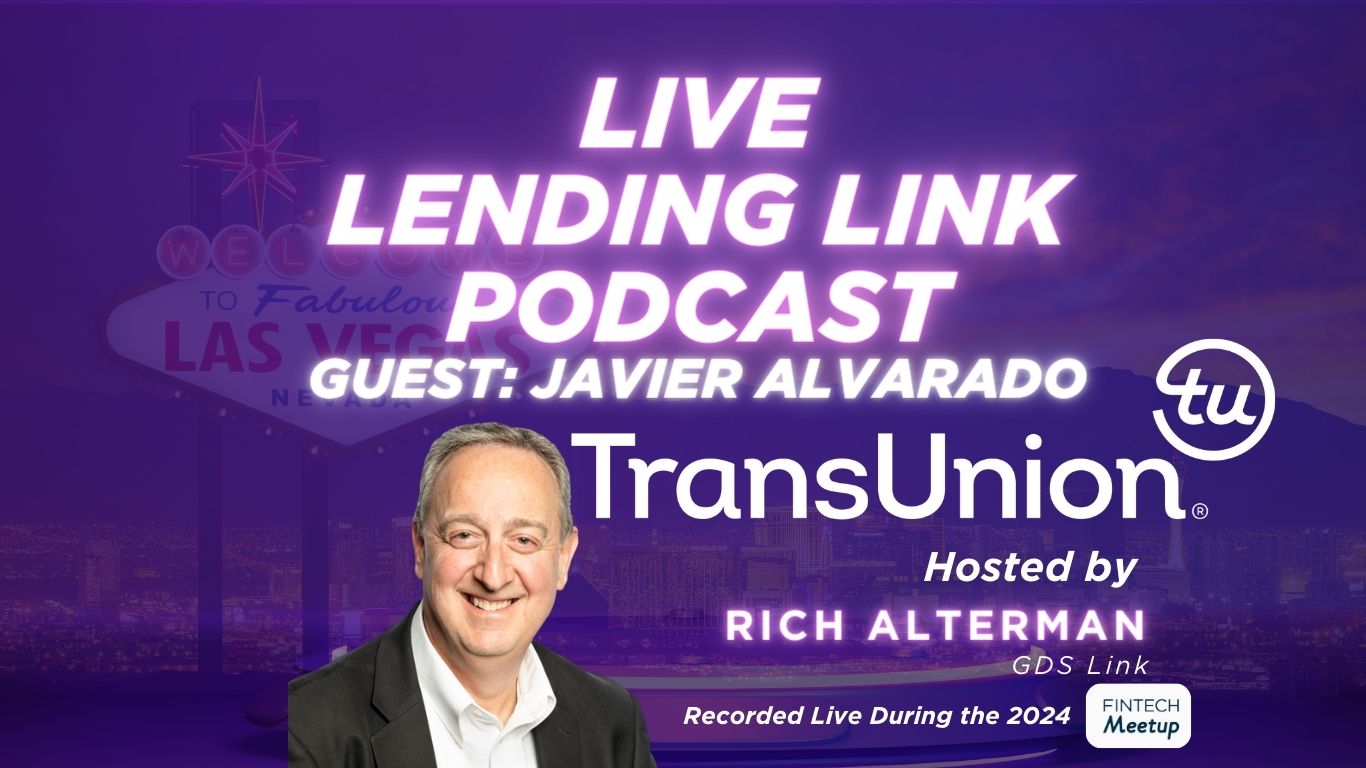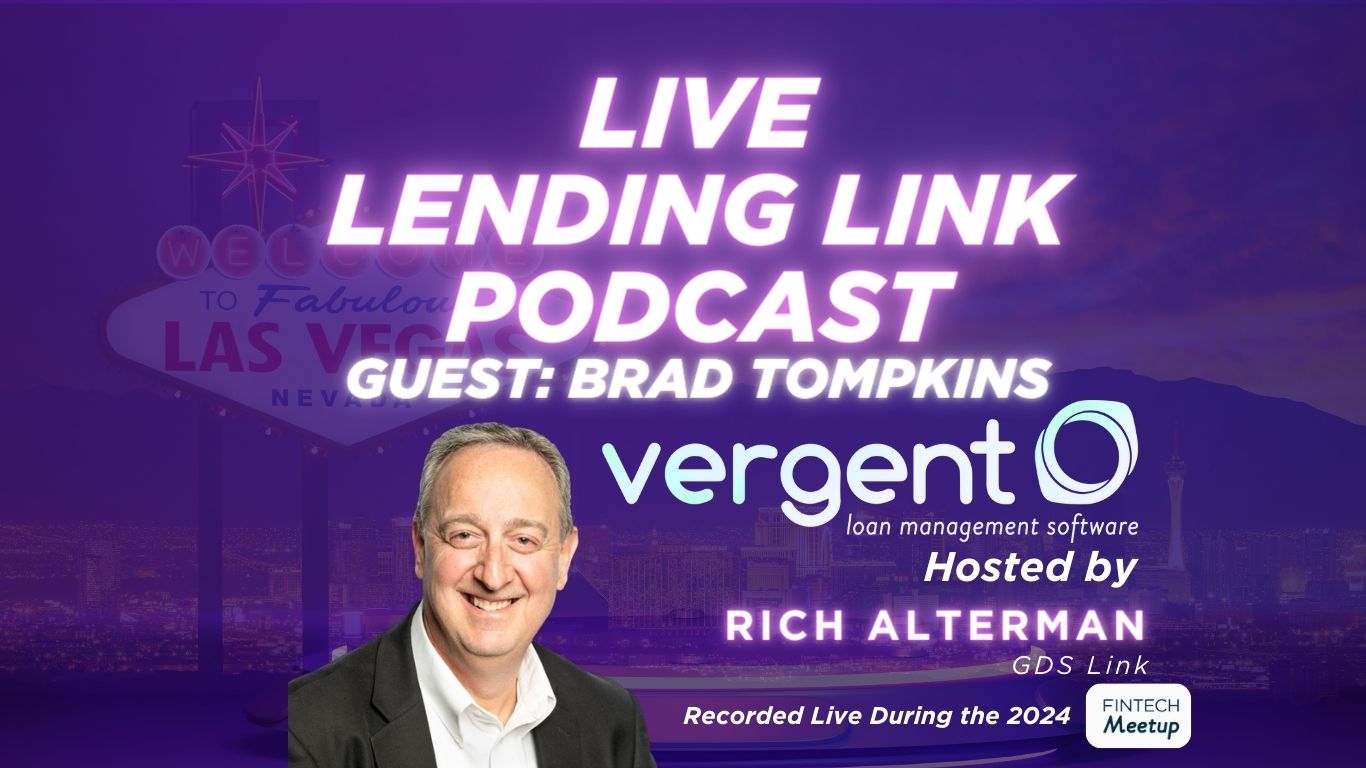The election of Donald Trump as the next President of the United States has wide-ranging implications for the world of finance. On the campaign trail, Trump made no secret of his opposition to the Dodd-Frank Act and the Consumer Finance Protection Bureau, and in general appears to favor less regulation of the finance sector.
But while the policies of the next administration can be surmised, they can never be predicted with complete accuracy until they are actually put into practice. This is where numerous questions have arisen regarding the specifics of Trump’s proposals, the intentions of Republicans and Democrats in Congress and how it all might work out.
Fintech Companies Have Questions For Trump
At first glance, it may seem as if Trump’s ascendance to the presidency will bode well for fintech companies like Lending Club or Square, just as it will for the rest of the finance industry.
Crowdfund Insider reported that Trump has enthusiastically championed streamlining and eliminating regulations that his administration views as unnecessary or harmful to economic development. This could benefit the finance industry, but even here there are many points that require clarification.
For instance, Investopedia argued that the elimination of regulatory agencies may not benefit fintech as much as it may seem. While the end of Dodd-Frank could indeed free many companies from burdensome regulations, the weakening or outright elimination of the CFPB might actually place fintech in a worse position.
That’s because, as the source pointed out, other regulatory agencies might end up being less friendly to the industry. The CFPB has, at times, helped fintech companies by clarifying certain rules. The SEC, on the other hand, may be stricter.
Another proposal that has raised questions is Trump’s promise to reinstate a “21st century Glass-Steagall Act.” Presumably, this would involve some sort of separation between commercial and investment banking, much like the original act. Depending on how such a move is carried out, this could make life more difficult for small lenders and fintech companies.
Fintech Has Friends On Capitol Hill
The good news for fintech is that even if Trump’s plans aren’t all fleshed out, many members of Congress from both parties have favorable inclinations toward the industry’s development.
“It’s like the only issue I can think of that hasn’t already been bogged down in argument,” fintech consultant Jo Ann Barefoot told American Banker. “The fintech innovation has huge potential to benefit consumers and small businesses and also is full of business opportunity for the industry.”
The source added that a number of bills have already worked their way through Congress that seek to reform regulations and help the burgeoning industry. One bill seeks to create innovation offices in certain agencies that would be tasked with assisting fintech development.
Lobbyists are also pushing the President-elect to create a new post at the Treasury Department and appoint someone who supports fintech. The group Financial Innovation Now consists of major players like Amazon, Apple, Google, PayPal and Intuit, and recently called on Trump to establish an undersecretary for technology at the Treasury.
This person’s role, they argue, would be to “ensure America wins the race to create fintech companies and grow jobs.” According to Bloomberg BNA, the group urged Trump to appoint more regulators who are familiar with the tech industry and favor its development, so that the U.S. can better compete with other countries that have made similar moves. They also argued that the development of mobile payments specifically could ultimately benefit the unbanked in the U.S.

Request a Demo
From loan originations and decisioning, to customer management and beyond, GDS Link helps thousands of clients manage risk while driving growth.








